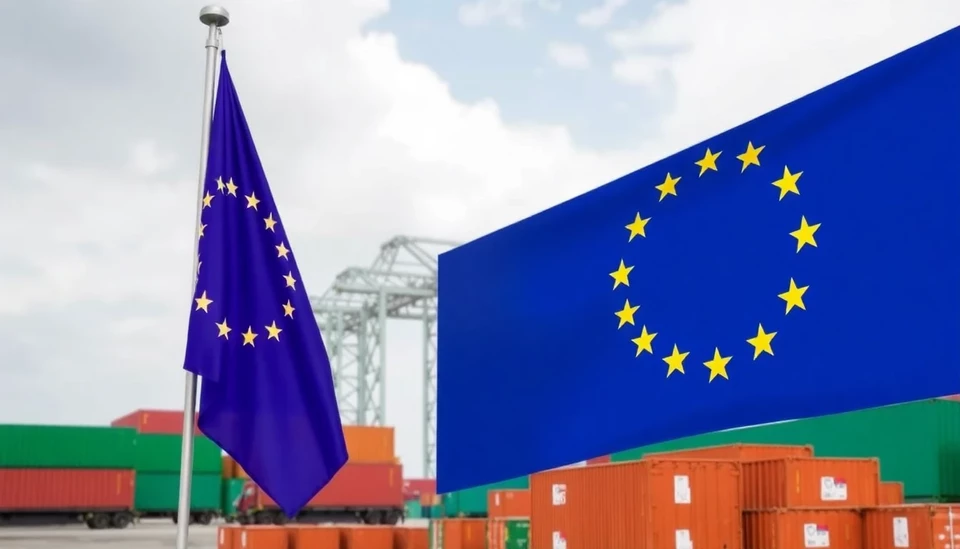
The European Union (EU) has announced a new initiative aimed at closely monitoring imports to identify any signs of tariff-related diversions. This proactive measure is a response to rising concerns about legitimate goods being rerouted through countries with preferable tariff agreements to evade stricter duties imposed by the EU on some products. The move underscores the bloc’s commitment to fair trade practices while safeguarding its internal market.
According to EU officials, the monitoring program will include enhanced data collection and analysis methods that will help authorities track import trends and patterns. By using advanced analytics and real-time reporting mechanisms, the EU aims to detect discrepancies that may indicate tariff dodging. The implementation of this program is seen as essential for maintaining the integrity of the EU’s trade agreements and ensuring that all member states operate on a level playing field.
The announcement comes on the back of increasing evidence that certain goods, particularly those from countries subject to high tariffs, may be increasingly funneled through intermediaries in an attempt to sidestep these costs. For instance, products from China and the United States have been notably impacted by recently implemented tariffs. The EU’s decision is intended to discourage such practices and deter businesses from exploiting loopholes within the trading system.
As part of this initiative, the EU will work closely with customs authorities across member states to ensure that all imports are thoroughly vetted. This collaboration aims to improve transparency and sharing of information about trade flows, ensuring any suspicious activities can be quickly addressed. In addition, the EU plans to assess the need for additional rules or adjustments to existing regulations to close any gaps that may allow for continued evasion of tariffs.
Industry reactions to the new monitoring scheme have been mixed. Some businesses and trade groups have expressed concerns that increased scrutiny may lead to longer delays at ports and higher compliance costs. Conversely, advocates for the monitoring believe it is a necessary step to preserve the fairness and competitiveness of the single market, thereby protecting real businesses that adhere to trade laws.
The European Commission has also indicated that the success of this initiative will depend significantly on the cooperation among EU member states. By pooling resources and sharing insights, the EU can craft a united front against trade malpractice. This collaborative effort is vital in ensuring that trade remains equitable and that rules are uniformly enforced, negating the risk of one member state being unfairly disadvantaged by the actions of another.
The EU’s renewed focus on import monitoring serves as a crucial reminder of the complexities surrounding global trade dynamics and the ongoing efforts to adapt regulatory frameworks in an ever-evolving marketplace. With this strategic move, the EU looks to reaffirm its stance against unfair trade practices and promote adherence to established tariff structures.
As the situation develops, stakeholders across the EU will be eagerly watching how effective these measures will be in preventing tariff evasion. The outcome could have significant implications not only for economic policies within the bloc but also for international trading relationships moving forward.
#EUMonitoring #TariffEvasion #TradeFairness #GlobalTrade #EUTradePolicy
Author: Daniel Foster




